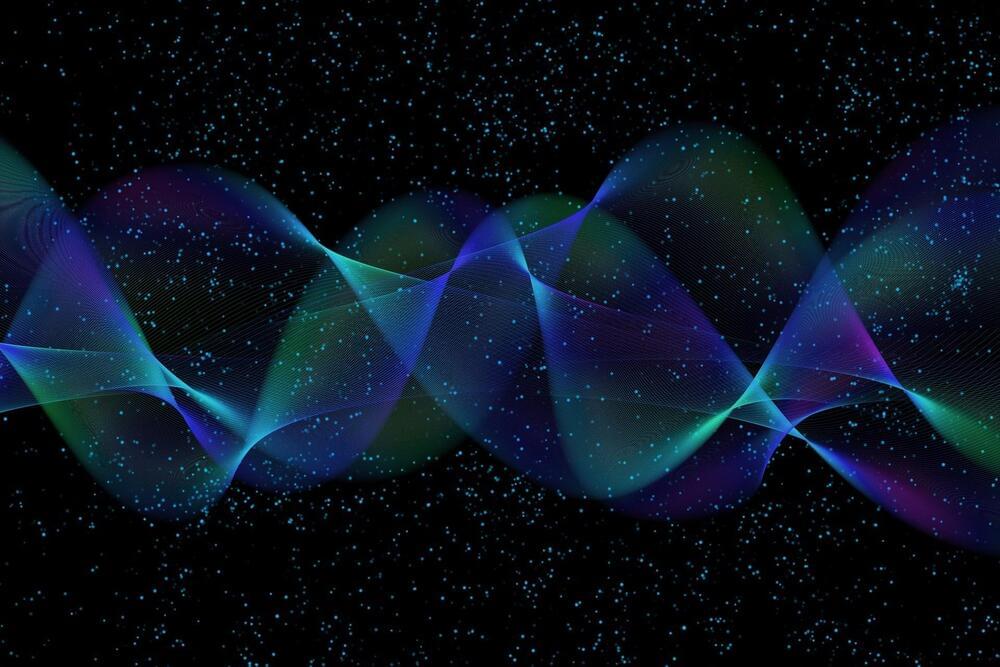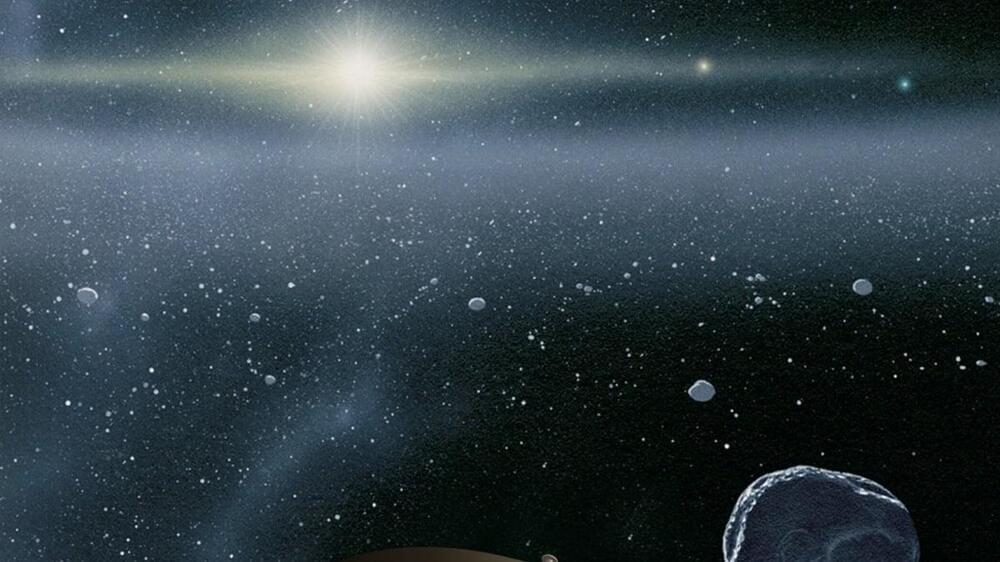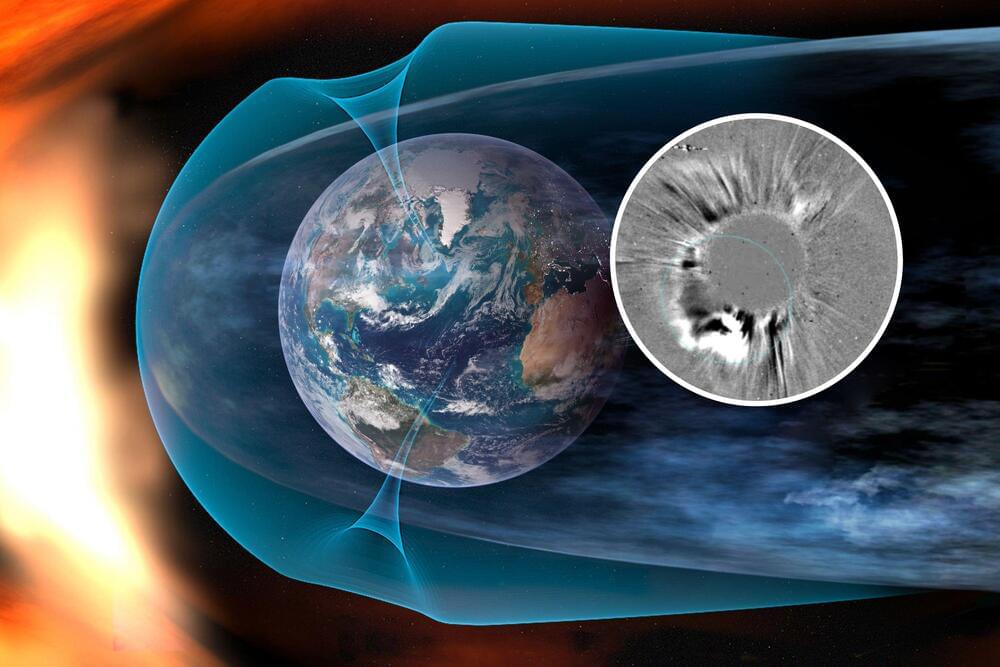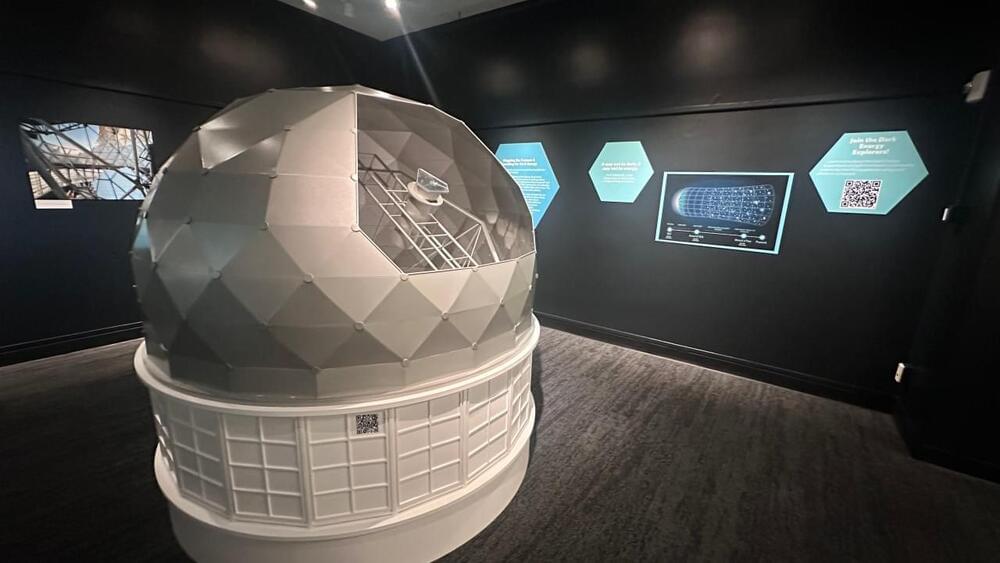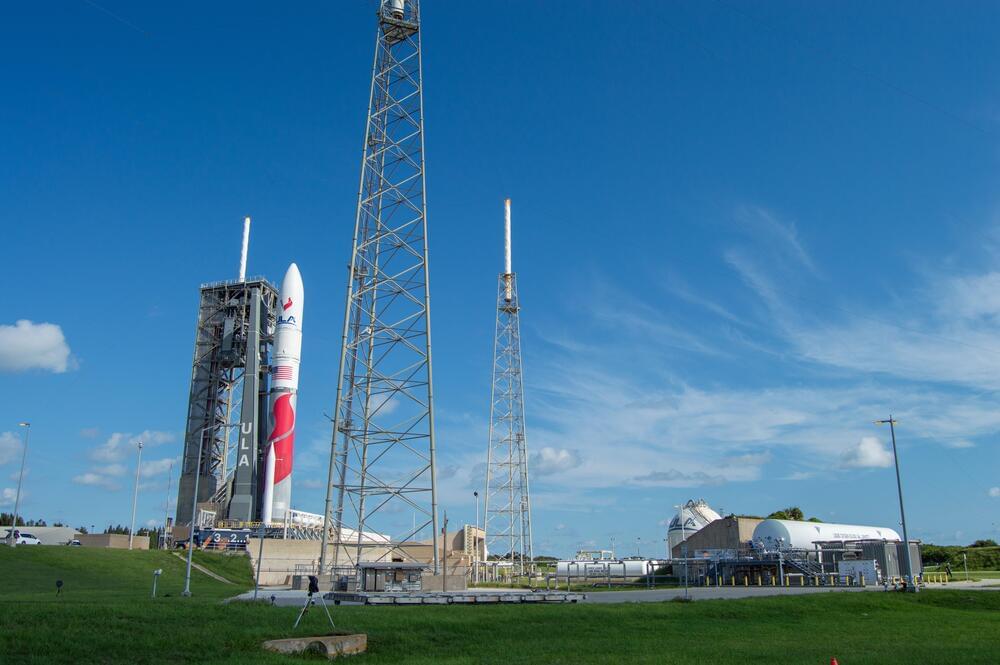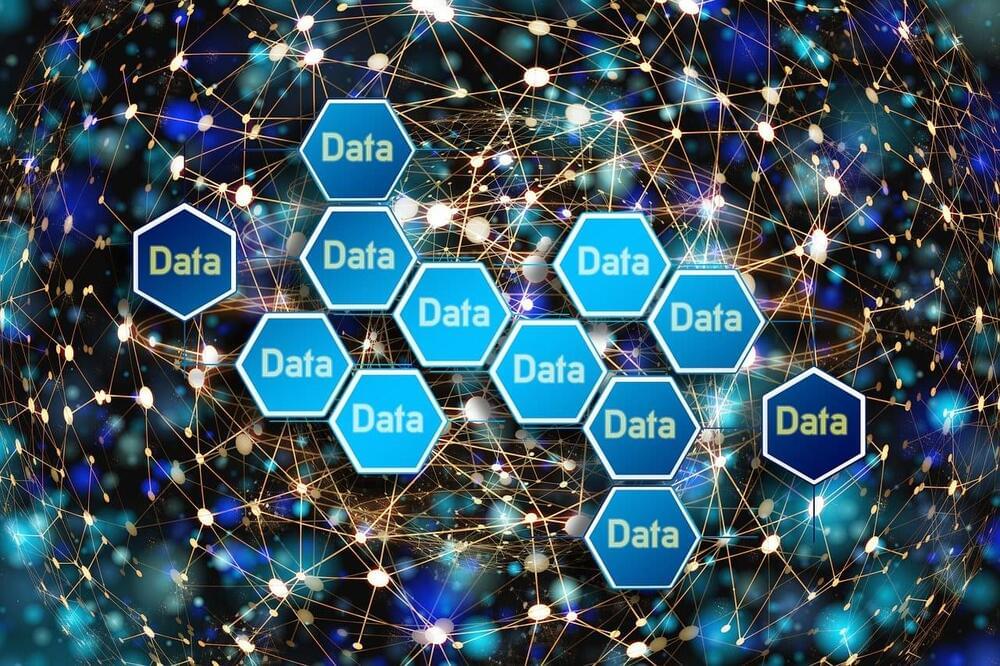Page 156
Oct 3, 2024
The Complex Structure of Quantum Mechanics
Posted by Genevieve Klien in categories: mathematics, quantum physics
I have been thinking for a while about the mathematics used to formulate our physical theories, especially the similarities and differences among different mathematical formulations. This was a focus of my 2021 book, Physics, Structure, and Reality, where I discussed these things in the context of classical and spacetime physics.
Recently this has led me toward thinking about mathematical formulations of quantum mechanics, where an interesting question arises concerning the use of complex numbers. (I recently secured a grant from the National Science Foundation for a project investigating this.)
It is frequently said by physicists that complex numbers are essential to formulating quantum mechanics, and that this is different from the situation in classical physics, where complex numbers appear as a useful but ultimately dispensable calculational tool. It is not often said why, or in what way, complex numbers are supposed to be essential to quantum mechanics as opposed to classical physics.
Oct 3, 2024
NASA spacecraft has roamed billions of miles — but hasn’t reached the ‘edge’
Posted by Genevieve Klien in category: space travel
Oct 3, 2024
Texas A&M is the No. 1 public university for Fortune 500 CEOs: report
Posted by Genevieve Klien in category: futurism
There are more Aggies running Fortune 500 companies than any other university in the state, according to a new investment analyst report.
Oct 3, 2024
Auroras forecast over US as solar storm gets special fall boost
Posted by Genevieve Klien in category: futurism
A coronal mass ejection from the sun is expected to trigger a G3 geomagnetic storm, causing the northern lights.
Oct 3, 2024
Quantum Paradoxes Unraveled by New X-Ray Techniques
Posted by Genevieve Klien in category: quantum physics
An international team of physicists has devised a method to test alternatives to standard quantum theory, proposing a possible explanation for why quantum effects don’t appear in larger objects like cats.
Their findings explore why objects only display quantum properties at microscopic levels, involving sophisticated experiments with spontaneous radiation that could validate these new models.
Exploring Quantum Paradoxes
Oct 3, 2024
McDonald Observatory relocates to Austin — at 7% the size
Posted by Genevieve Klien in category: space
AUSTIN (KXAN) — A new exhibit at the Texas Science and Natural History Museum is bringing the McDonald Observatory to the University of Texas campus.
The “Big Eye on Dark Skies” exhibit opened this week on the third floor of the museum, bringing with it a scale model of one of the world’s most powerful telescopes.
The Hobby-Eberly telescope is powered by a 10-meter wide mirror, capable of collecting light from 11 billion years ago. The mirror in the model, 7% the size of the real one, collects light from canned bulbs hanging from a darkened ceiling.
Oct 3, 2024
Edible transistor made from toothpaste
Posted by Genevieve Klien in categories: computing, food
Researchers have made an edible transistor out of a toothpaste ingredient, which could help with edible healthcare electronics.
Oct 3, 2024
The United Launch Alliance (ULA) is gearing up for the second certification flight of its Vulcan Centaur rocket
Posted by Eamon Everall in categories: security, space
marking a critical milestone in ULA’s path toward certifying the Vulcan Centaur for national security missions with the U.S. Space Force.
The Vulcan VC2S rocket is set to launch the Cert-2 mission from Space Launch Complex-41 at Cape Canaveral Space Force Station, Florida, during a launch window on Friday, October 4, 2024, between 6:00 and 9:00 a.m. EDT.
This mission includes an inert payload and key technology demonstrations for the Centaur V upper stage.
Oct 3, 2024
How Big Data is Saving Earth from Asteroids: A Cosmic Shield
Posted by Eamon Everall in categories: information science, robotics/AI, space
As technology advances, Big Data will play an increasingly important role in protecting Earth from asteroids. By harnessing the power of data analytics, AI, and machine learning, scientists can monitor and predict asteroid movements with greater accuracy than ever before. This enables us to develop early warning systems and potentially deflect asteroids before they can cause harm. Aspiring data scientists interested in contributing to such significant fields can gain the necessary skills by enrolling in a data science course in Chennai, where they can learn to utilize these advanced tools and techniques.

